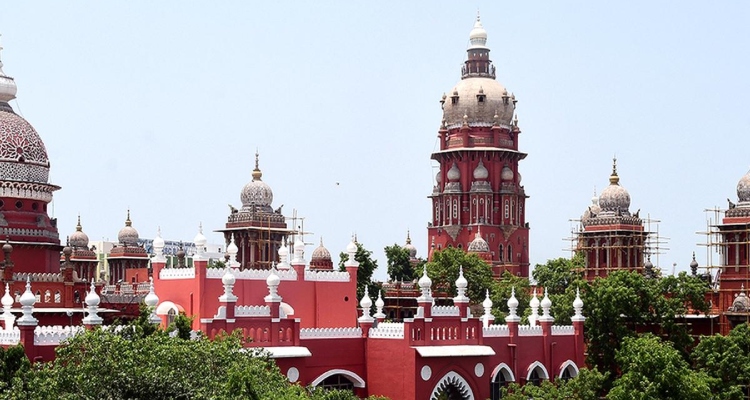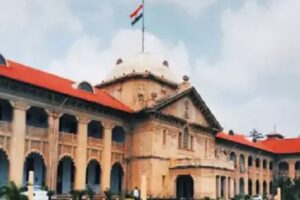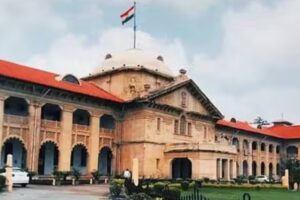
The Madras High Court has directed the Additional Chief Secretary/Principal Secretary of the Home, Prohibition, and Excise Department to conduct a thorough investigation into the misuse of uniformed personnel by prison authorities for personal or residential tasks across the state.
The court stated that this probe could be carried out with assistance from the CBCID police wing or by gathering necessary inputs from the Intelligence Wing.
The directive was issued by a division bench comprising Justices S.M. Subramaniam and M. Jothiraman in response to a petition filed by Sujatha, which included complaints about prison authorities using uniformed personnel for their private work.
The court instructed the Additional Chief Secretary to identify these personnel and take appropriate action to redeploy them for official prison duties, in accordance with existing rules and government orders, within three weeks.
The bench emphasized that police and prison authorities are public servants, compensated with taxpayer money, and provided with various facilities to perform their duties effectively. The justices reiterated that any abuse of their official position could lead to prosecution and disciplinary action.
The court noted that the deployment of uniformed personnel for household tasks was leading to lapses in prison administration. For instance, at Central Prison-II in Puzhal, Chennai, although there were 203 sanctioned posts for Warders, only 15 were deployed per shift for public duties, rather than the required 60.
The court highlighted that many Warders were instead assigned to carry out domestic chores for prison officials.
The justices condemned the continuation of colonial-era practices, stating that using public servants for private work was unacceptable. They declared that such actions not only violate constitutional principles but also constitute an offense against the public interest, warranting prosecution under relevant service rules and laws.
The court expressed frustration that previous instructions to cease the practice of employing uniformed personnel in the residences of higher police and prison authorities had not been fully implemented.
It called for stringent government action to ensure that public servants are utilized solely for the welfare of the community, not for personal tasks of officials.





